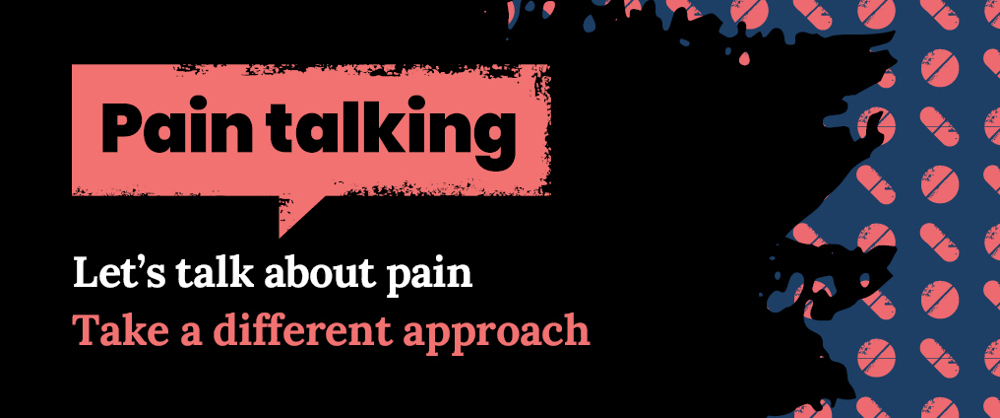
This information has been developed to supplement the information the doctor or healthcare practitioner has already given you.
Date of Issue: March 2025
Review Date: March 2026
If the review date has passed, the content will apply until the next version is published.
Paracetamol is a pain medication. It can help bone, joint or muscle pain, often felt as nagging, aching or dull pain, for example arthritis or back pain.
What dose should I take?
Paracetamol comes as 500mg tablets. The maximum dose is 4000mg (8 tablets) per day.
The usual adult dose is 2 tablets up to four times a day.
A smaller dose is recommended if weight is below 50kg or around 7 and a half stone.
Paracetamol is a safe medication when taken at the prescribed dose but taking more is dangerous.
Be careful not to take too much paracetamol;
- Never take more than 2 tablets at once
- Leave at least 4 hours between doses
- Never take more than 8 tablets in a day
- Cough and cold preparations often contain paracetamol
If you have liver disease or drink alcohol above recommended limits, talk to your doctor or pharmacist before taking paracetamol.
Paracetamol comes in different formulations. Caplets are tablets shaped like a capsule and can be easier to swallow. Soluble tablets are not recommended, as they contain large amounts of salt.
Regular Paracetamol
Sometimes people feel they need a stronger medicine but paracetamol can be effective when used regularly.
Instead of occasional doses when needed, try taking regular doses, spread evenly over the day.
For example;
- Morning (8am), lunchtime (1pm), teatime (6pm) and bedtime (11pm)
Or keep a dose for during the night
- Morning (8am), afternoon (2pm), evening (8pm) and during the night (2am)
Are there any side effects?
All medicines can cause side effects but not everyone will get them. Read the information sheet given with the medicine.
Paracetamol rarely causes side effects. It does not cause sleepiness. There is no risk of addiction.
How long should I take Paracetamol for?
Paracetamol can be taken for as long as it is helping and not causing problems. Review will help to decide this. Do not continue paracetamol if it is not helping. Paracetamol does no need to be reduced slowly.
Paracetamol combination tablets
Combination medicines start with co-. For example co-codamol 30/500 contains paracetamol 500mg and codeine 30mg. You may be prescribed both paracetamol and a paracetamol combination tablet to help manage your pain.
- Never take more than 2 paracetamol containing tablets at once
- Leave at least 4 hours between doses
- Never take more than 8 paracetamol containing tablets in a day
Medication in chronic pain
Medicines are not always helpful for long term pain.
They can cause side effects and harm.
It is best to stop medicines that are not working or cause problems.
It is helpful to find other ways of managing pain.
A doctor or pharmacist can explain more.
Remember
Do not stop medicines suddenly.
Do not share medicines.
Never take more medicine than prescribed.
Let your doctor or pharmacist know if you take other medicines or products.
Read the information sheet given with each medicine.
Keep medicines out of the reach of children.
Store medicines safely.
Return unused medicines to your pharmacy.
If medicines make you drowsy, do not drive.
Discuss any medication concerns with your doctor or pharmacist.
Accessible formats
If you require this information in a community language or alternative format such as Braille, audio, large print, BSL, or Easy Read, please contact the Equality and Human Rights Team at: email: fife.EqualityandHumanRights@nhs.scot or phone 01592 729130. For people with a hearing or verbal impairment you can also contact the team through the NHS Fife SMS text service number on 07805800005.
